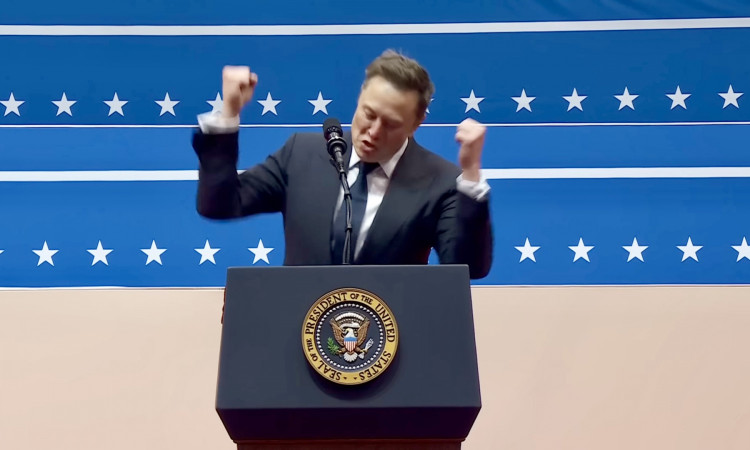A federal judge has temporarily blocked Elon Musk's Department of Government Efficiency (DOGE) from accessing a critical Treasury Department payment system, citing concerns over security risks and unauthorized access. The order, issued Saturday by U.S. District Judge Paul Engelmayer, follows a lawsuit filed by New York Attorney General Letitia James and 18 other state attorneys general.
The court's ruling halts DOGE's access to a sensitive system responsible for processing tax returns, Social Security benefits, disability payments, and federal salaries. Engelmayer's order also mandates the destruction of any data obtained by DOGE affiliates since January 20, citing the "heightened risk that the systems in question will be more vulnerable than before to hacking." A hearing on the matter is scheduled for February 14.
"The conduct of DOGE members presents a unique security risk to the States and State residents whose data is held," the lawsuit stated. The complaint alleges that the Trump administration unlawfully granted access to DOGE personnel-classified as "special government employees"-allowing them to bypass longstanding federal security protocols.
DOGE, an initiative aimed at cutting government costs, has aggressively sought access to Treasury systems, despite objections from agency officials. The administration has defended the initiative as a necessary measure to streamline federal operations, but opponents argue that it opens the door to improper interference with government payments. Critics have expressed concerns that the administration could use DOGE's access to delay or halt payments at its discretion.
"This unelected group, led by the world's richest man, is not authorized to have this information, and they explicitly sought this unauthorized access to illegally block payments that millions of Americans rely on-payments for healthcare, child care, and other essential programs," James said in a statement released Friday.
The controversy surrounding DOGE's access to government records comes amid broader legal battles over the Trump administration's restructuring of federal institutions. On Friday, U.S. District Judge Carl Nichols separately blocked an order that sought to place thousands of overseas USAID workers on administrative leave. The move to furlough USAID staff is part of a broader effort to curtail foreign aid spending, which critics argue weakens U.S. influence abroad.
With multiple lawsuits from states, labor unions, and advocacy groups challenging DOGE's actions, courts have issued several injunctions pausing or halting White House initiatives. The growing legal opposition underscores concerns over Musk's expanding role in government affairs. DOGE's aggressive pursuit of records across agencies has fueled criticism of Musk's influence, with opponents arguing that his involvement in federal operations extends beyond appropriate oversight.
USAID, which distributes humanitarian aid globally, has become a key target of DOGE's cost-cutting agenda. The agency's operations have been largely frozen, with staffing levels under threat of being slashed from 10,000 employees to just 300. The uncertainty surrounding the agency's future has disrupted aid efforts and sparked fears over the broader impact on U.S. foreign policy.






